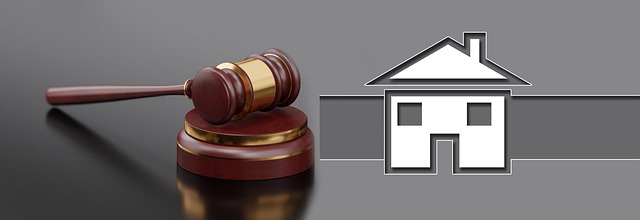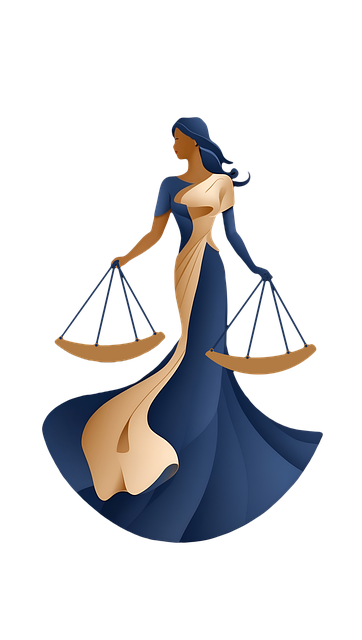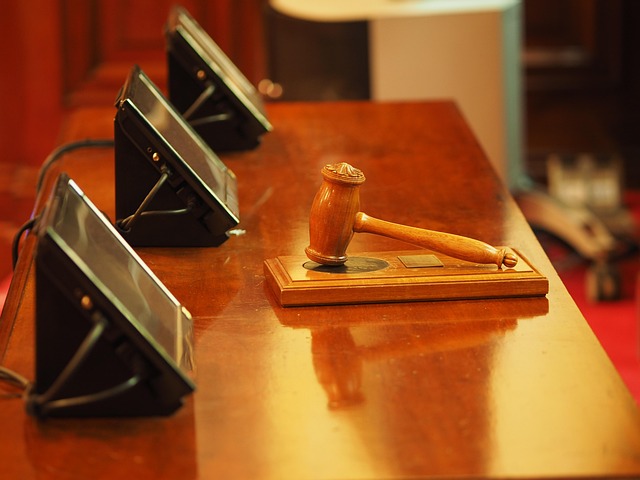Regulatory fraud laws protect market integrity and consumers through complex criminal procedure litigation. These laws target misrepresentation, concealment, and corrupt practices, requiring strict evidence gathering, witness interviews, and legal arguments to prove guilt beyond reasonable doubt. Uncovering fraud follows steps in Criminal Procedure Litigation: investigation, evidence collection, charge decisions, and successful prosecutions as deterrents. Penalties include fines and imprisonment, with defense strategies focusing on avoiding indictment through negotiations or robust defenses while navigating complex regulations.
“In an era where regulatory compliance is paramount, understanding and combating regulatory fraud has become a top priority. This comprehensive guide delves into the intricate world of ‘Understanding Regulatory Fraud Laws’. We explore key aspects, including the ‘Steps in Criminal Procedure Litigation’, revealing strategies to uncover fraud. From evidence collection methods to sentencing, this article provides an insightful roadmap for practitioners. By understanding the legal framework and procedural steps, we can strengthen defenses against regulatory fraud, ensuring a more robust and just legal landscape.”
- Understanding Regulatory Fraud Laws: A Comprehensive Guide
- Steps in Criminal Procedure Litigation: Uncovering Fraud
- Evidence Collection and Admissibility in Fraud Cases
- Penalties and Sentencing: Deterring Regulatory Fraud
Understanding Regulatory Fraud Laws: A Comprehensive Guide

Regulatory fraud laws are designed to protect the integrity of markets and safeguard consumers from deceptive practices. Understanding these laws is crucial for businesses and individuals alike, as they involve complex steps in criminal procedure litigation. By comprehending the legal framework, entities can navigate potential pitfalls and ensure compliance, avoiding the costly consequences of fraudulent activities.
These laws cover a wide range of offenses, including misrepresenting facts, concealing information, or engaging in corrupt practices to gain an unfair advantage. Prosecutors must follow specific procedures to build a robust case, employing evidence gathering, witness interviews, and legal arguments to establish guilt beyond a reasonable doubt. An unprecedented track record of achieving extraordinary results in winning challenging defense verdicts underscores the effectiveness of these laws in deterring and penalizing fraudulent behavior.
Steps in Criminal Procedure Litigation: Uncovering Fraud

The journey to uncovering fraud within regulatory laws often mirrors the steps in Criminal Procedure Litigation. It begins with a thorough investigation, where prosecutors and investigators delve into financial records, corporate documents, and digital evidence. This process involves meticulous analysis of transactions, identifying suspicious patterns, and reconstructing the respective business’s activities. By examining these aspects, they can piece together a compelling case or dismiss allegations without avoiding indictment.
As the inquiry progresses, key pieces of evidence are gathered, and witnesses are identified. This information is then presented to authorities for review, leading to crucial decisions regarding charges. The unprecedented track record of successful fraud prosecutions serves as a deterrent, emphasizing the significance of transparent business practices and adherence to regulatory standards.
Evidence Collection and Admissibility in Fraud Cases

In fraud cases, evidence collection is a meticulous process that involves sifting through complex financial records, digital footprints, and witness statements. The initial steps in criminal procedure litigation, such as obtaining search warrants and seizing relevant documents, are crucial to ensuring admissible evidence. Admissibility, determined by judges, considers the reliability and relevance of collected information. Legal professionals skilled in white collar defense understand these intricacies, employing strategies to gather strong, defensible evidence while navigating the legal framework governing white collar and economic crimes.
Proper handling and documentation during investigation stages are vital. This includes maintaining a chain of custody for physical evidence and securing digital data through forensic techniques. Such measures ensure that the collected information remains intact and admissible in court, potentially leading to achieving extraordinary results for both prosecution and defense alike.
Penalties and Sentencing: Deterring Regulatory Fraud

Penalties and sentencing play a pivotal role in deterring regulatory fraud. The consequences for individuals found guilty can be severe, often involving substantial fines and imprisonment. The severity of punishment is designed to act as a strong deterrent, sending a clear message that such misconduct will not be tolerated. In many cases, the steps in criminal procedure litigation are meticulously followed to ensure fairness and due process, which can include extensive investigations, evidence gathering, and thorough legal representations. Both the accused and their white-collar defense attorneys must navigate complex regulations and laws, with the potential outcome being anything from a plea bargain to an indictment and subsequent trial.
Avoiding indictment is one of the primary strategies employed by those facing regulatory fraud charges. This may involve negotiating with prosecutors, presenting robust defenses, or leveraging cooperation agreements for his clients. The goal is to mitigate the risks associated with a criminal trial, which can be particularly challenging in white-collar cases due to the intricate nature of financial crimes and the need for meticulous documentation. Effective legal strategies not only focus on defeating the allegations but also on ensuring that any penalties imposed are proportionate to the offense committed, thereby striking a balance between punishment and deterrence.
In navigating the complex landscape of regulatory fraud laws, understanding the intricate steps involved in criminal procedure litigation is paramount. By meticulously uncovering fraud through robust evidence collection and ensuring its admissibility, legal professionals can effectively deter and penalize offenders. The consequences of regulatory fraud are severe, underscoring the importance of a comprehensive guide like this to fortify against such practices. Memorizing the steps outlined in this article will empower lawyers and regulators alike to safeguard integrity within their respective industries, fostering a symphony of fair and just practices.






